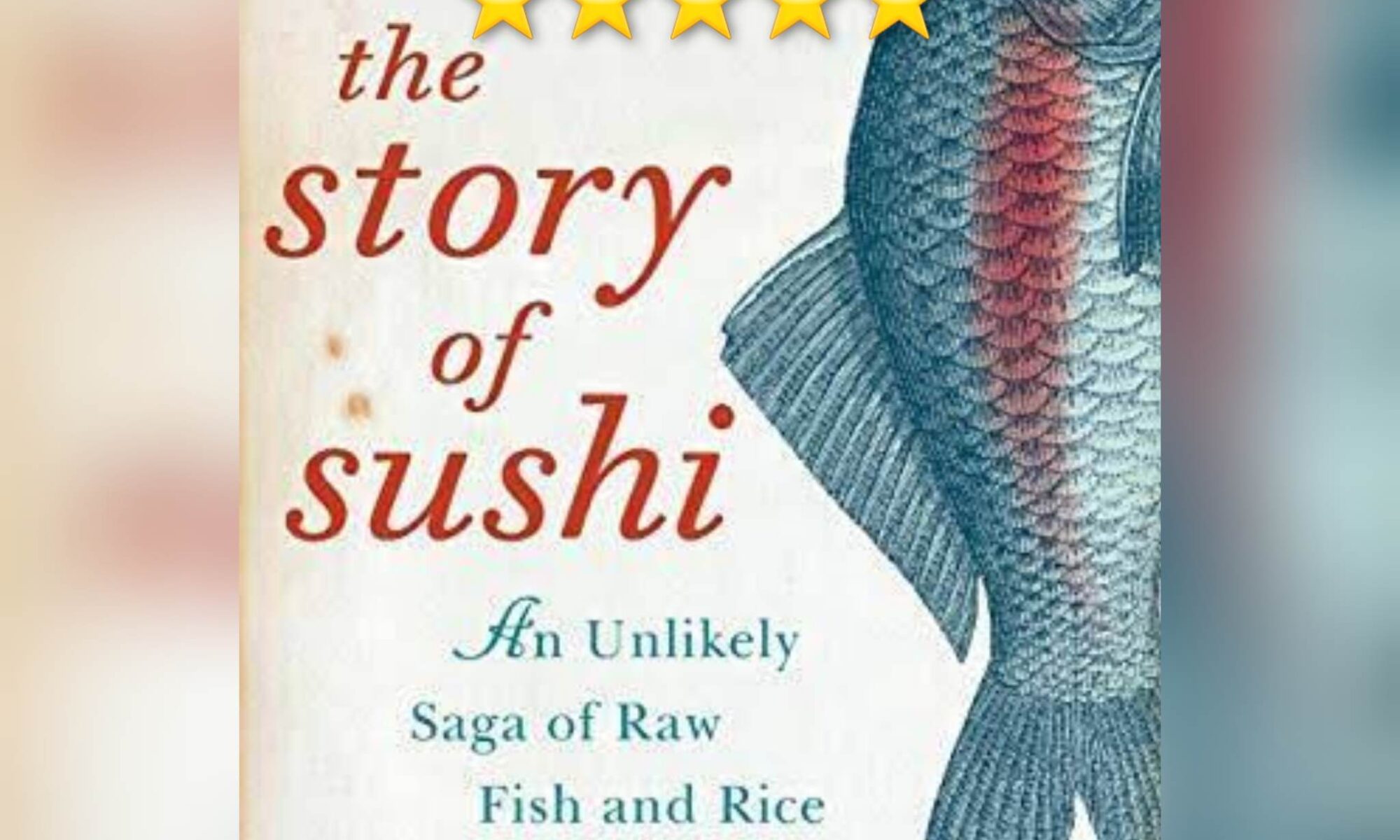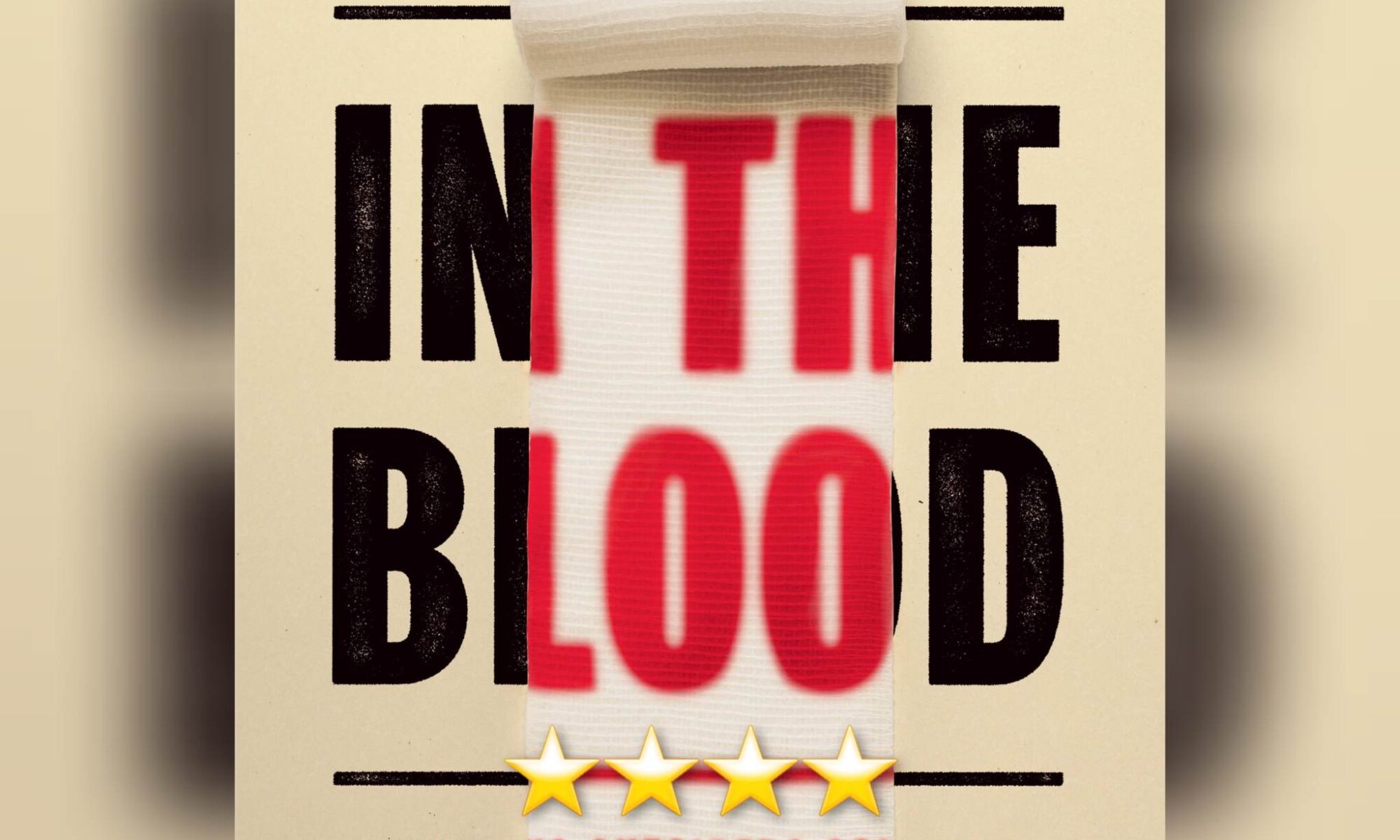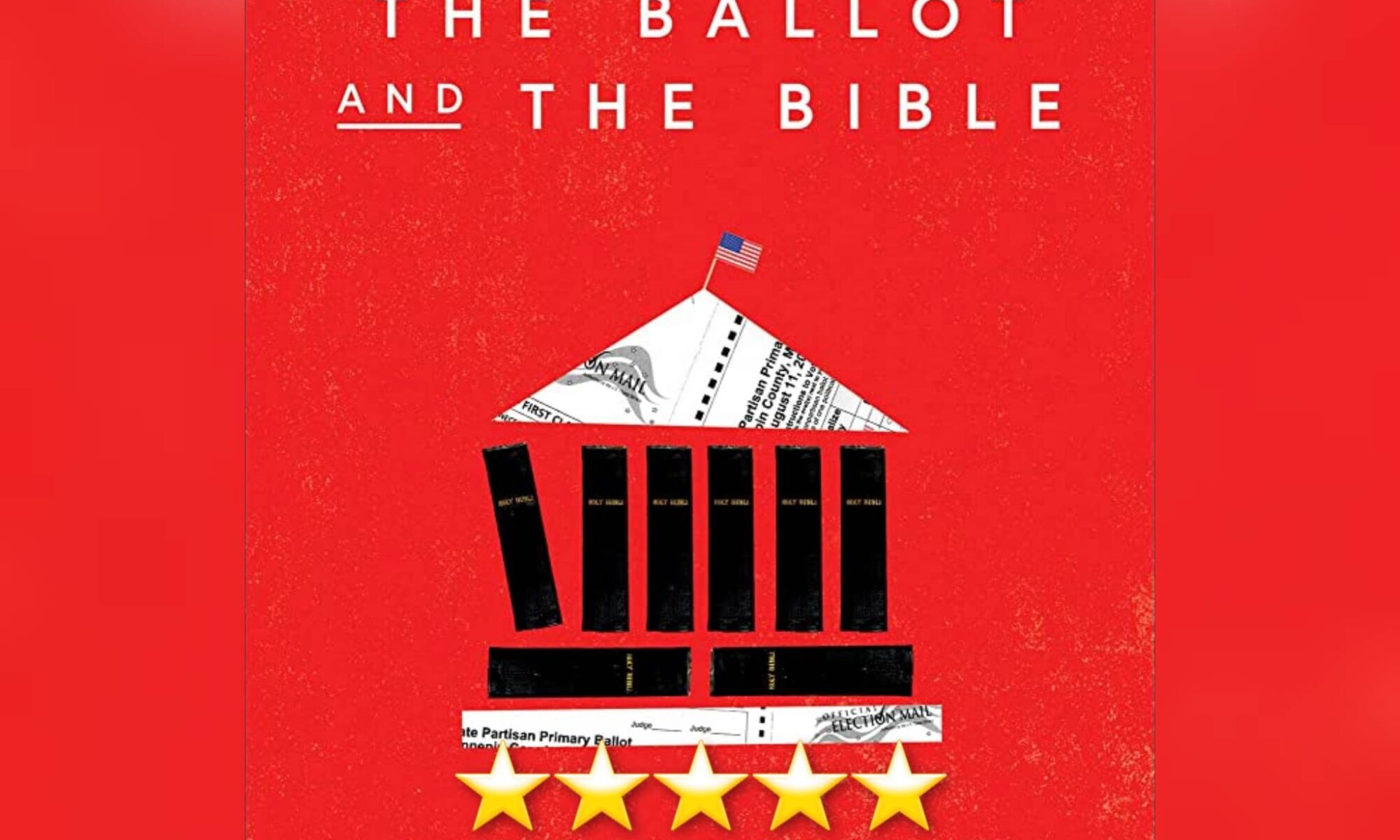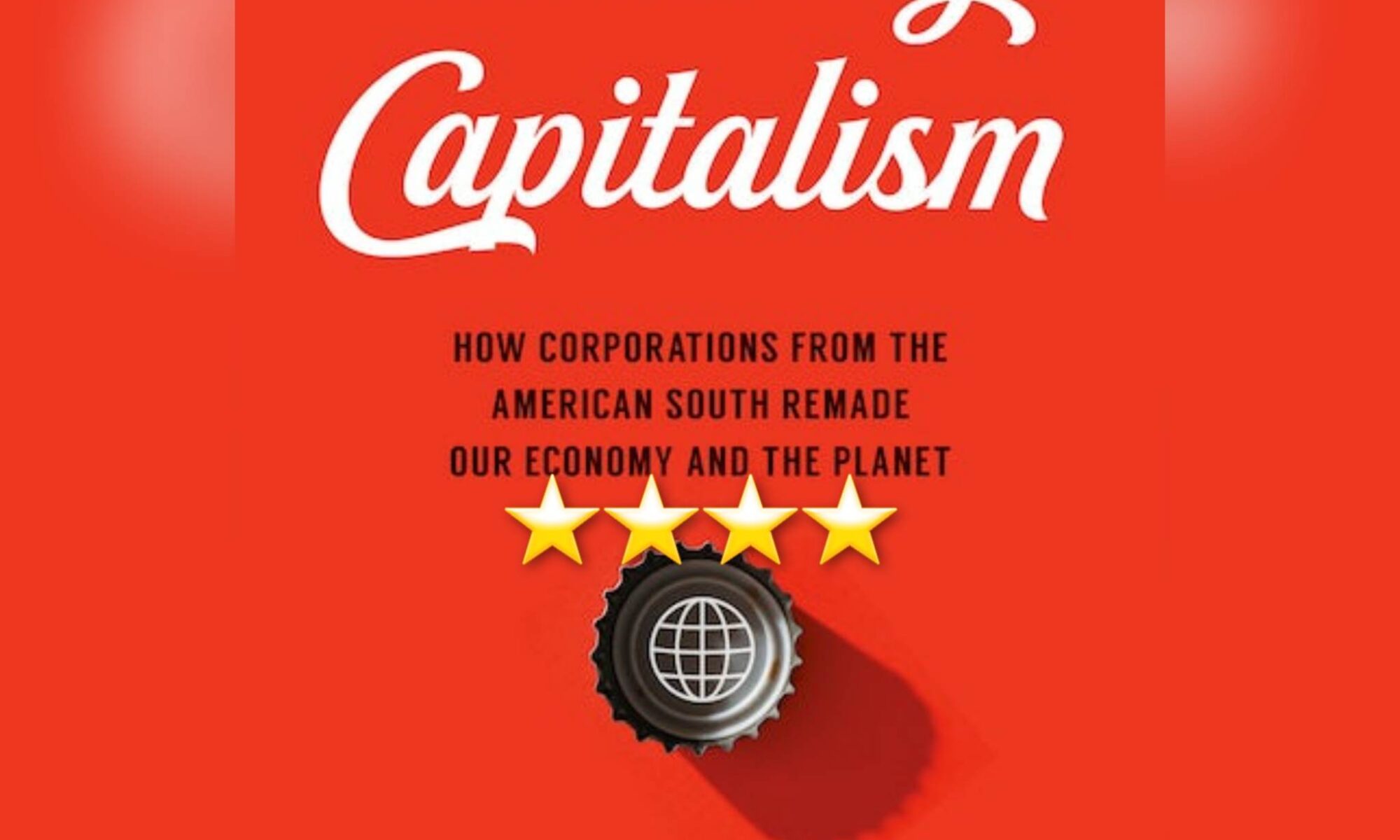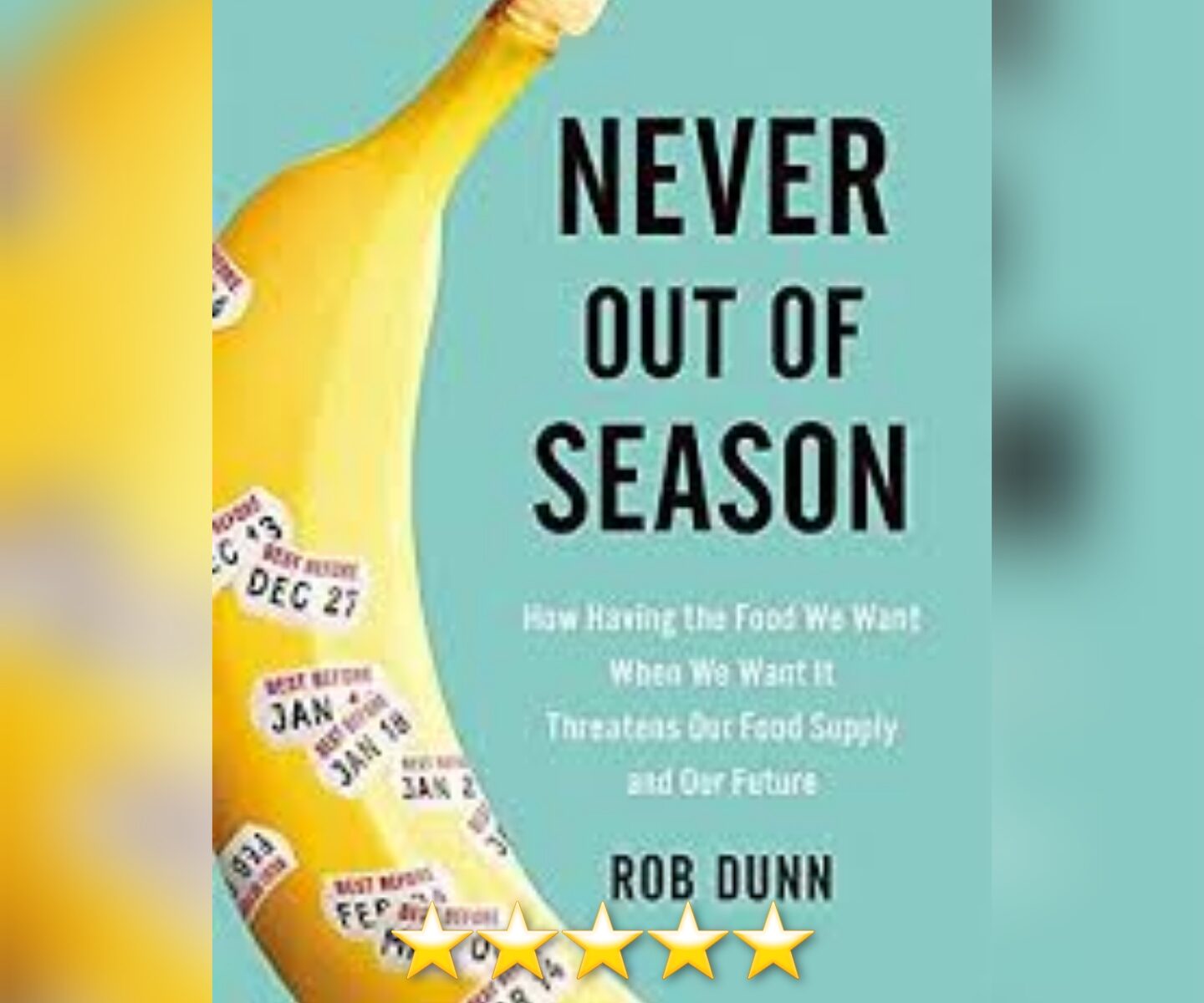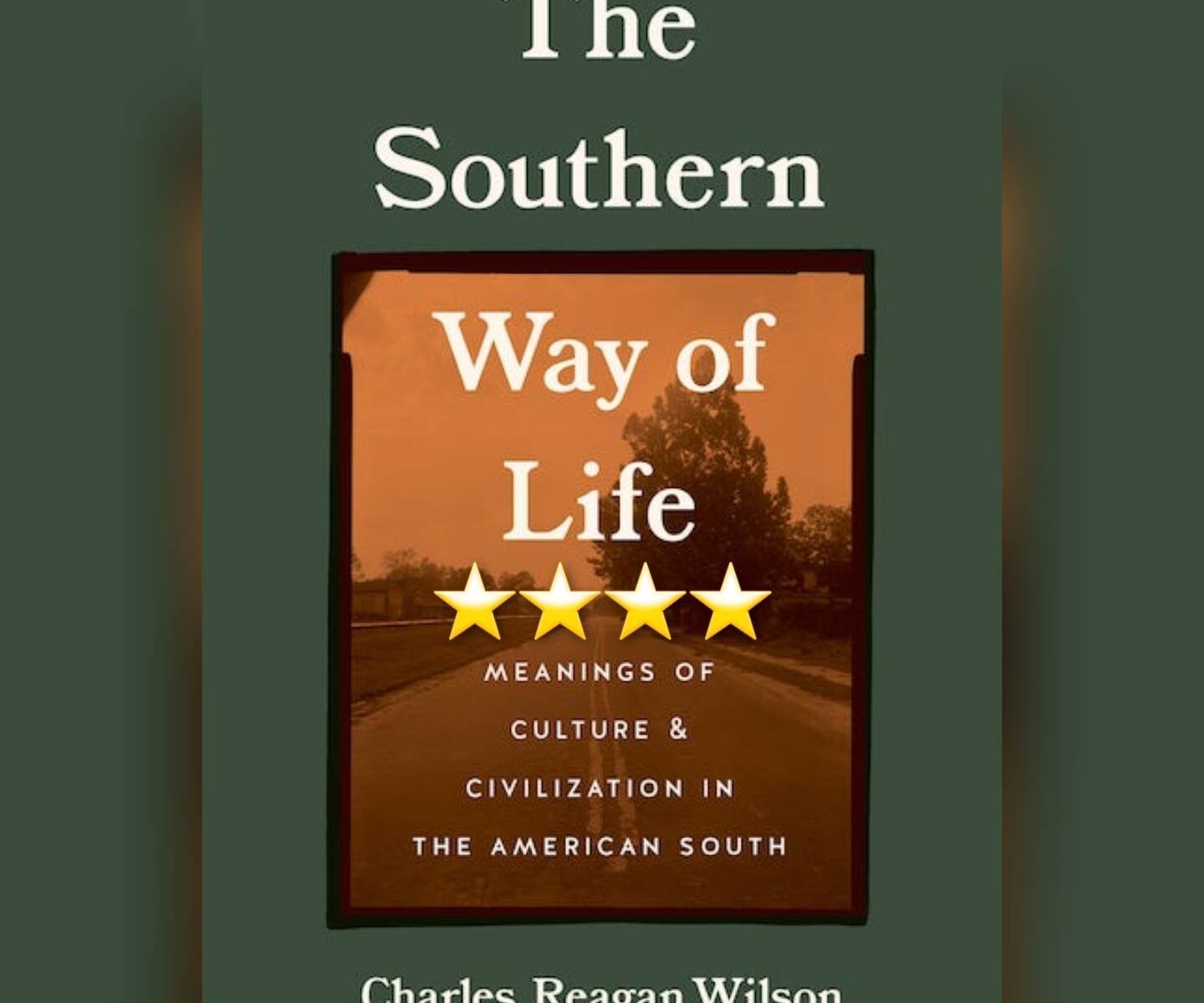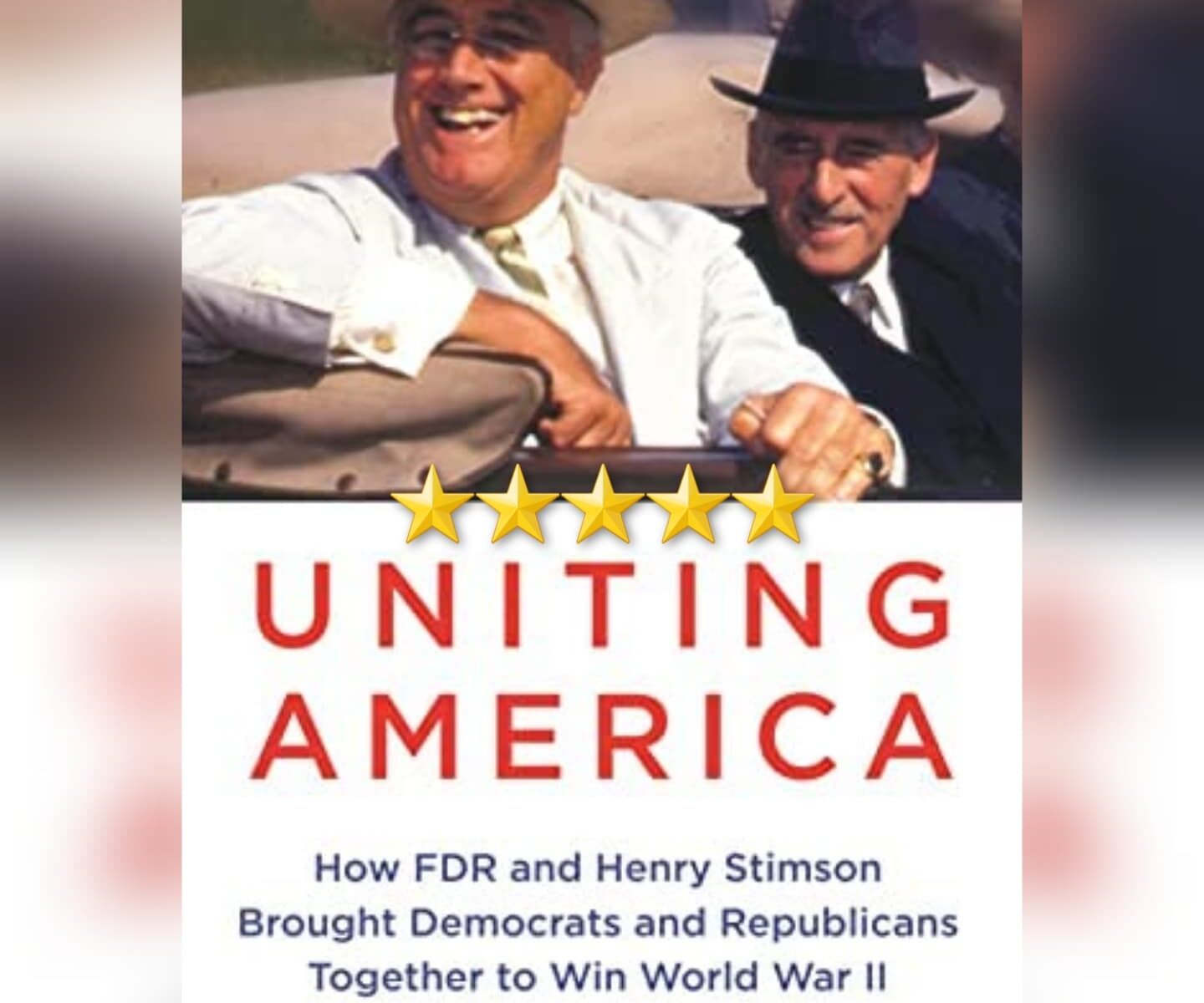Visionary. Outsider. Hero. One of the great lines from the movie The Imitation Game (whose trailer I was just watching as I tried to find this quote, and where I found the title of this review) that has always stuck with me is “Sometimes it’s the very people who no one imagines anything of who do the things no one can imagine.” Obviously, in the context of The Imitation Game, it is about the legendary “Father of Computer Science” (and suspected Autistic) Alan Turing.
Barber, in *this* text, makes it clear that it could very equally be said of a man who may well go down in history as at least as important as Turing himself – Frank Hursey. Hursey was a South Carolina native living in Connecticut who discovered a remarkable property of a fairly common substance – and then set it aside like Mordin in Mass Effect 2 looking at some gadget he was no longer interested in. Until Bart Gullong came into his life and recognized the significance of what Hursey had found – and together, the inventor and the salesman/ marketer would go on to change the course of world history.
Barber, through a seemingly episodic format where he provides brief biographical sketches of each of the key players in the unfolding drama while keeping the narrative squarely focused on Hursey, Gullong, and their products, tells a story at least as motivational as anything has ever been told about Turing’s own life. A story of a almost literal garage inventor who finds and develops a substance that has literal world changing powers.
A substance that can make battlefield – or anywhere else – traumas far more survivable, by finally solving a problem humanity had never before solved in its known history – how to stop mass bleeding.
This is the story of how Hursey and Gullong found, developed, and marketed the substance to the US military – and then later found mass market appeal in nearly every segment of the economy that might find a desire to stop a potential bleed out.
Including, per Barber, Taylor Swift having it near her at all times in the case of an attack at one of her concerts.
The only reason for the star deduction here is the slightly lower than my expected average of 20-30% on the bibliography, clocking in here at 16% instead. And as I’ve noted in other reviews of late, given that so many more recent texts are clocking in closer to this 15% point, I may well need to revise my expected bibliography size down a touch.
The tale opens with the story of the Battle of Mogadishu and the subsequent movie form of it, Black Hawk Down. Don’t be surprised to see a movie form of this book itself at some point. Very much recommended.
This review of In The Blood by Charles Barber was originally written on April 27, 2023.


